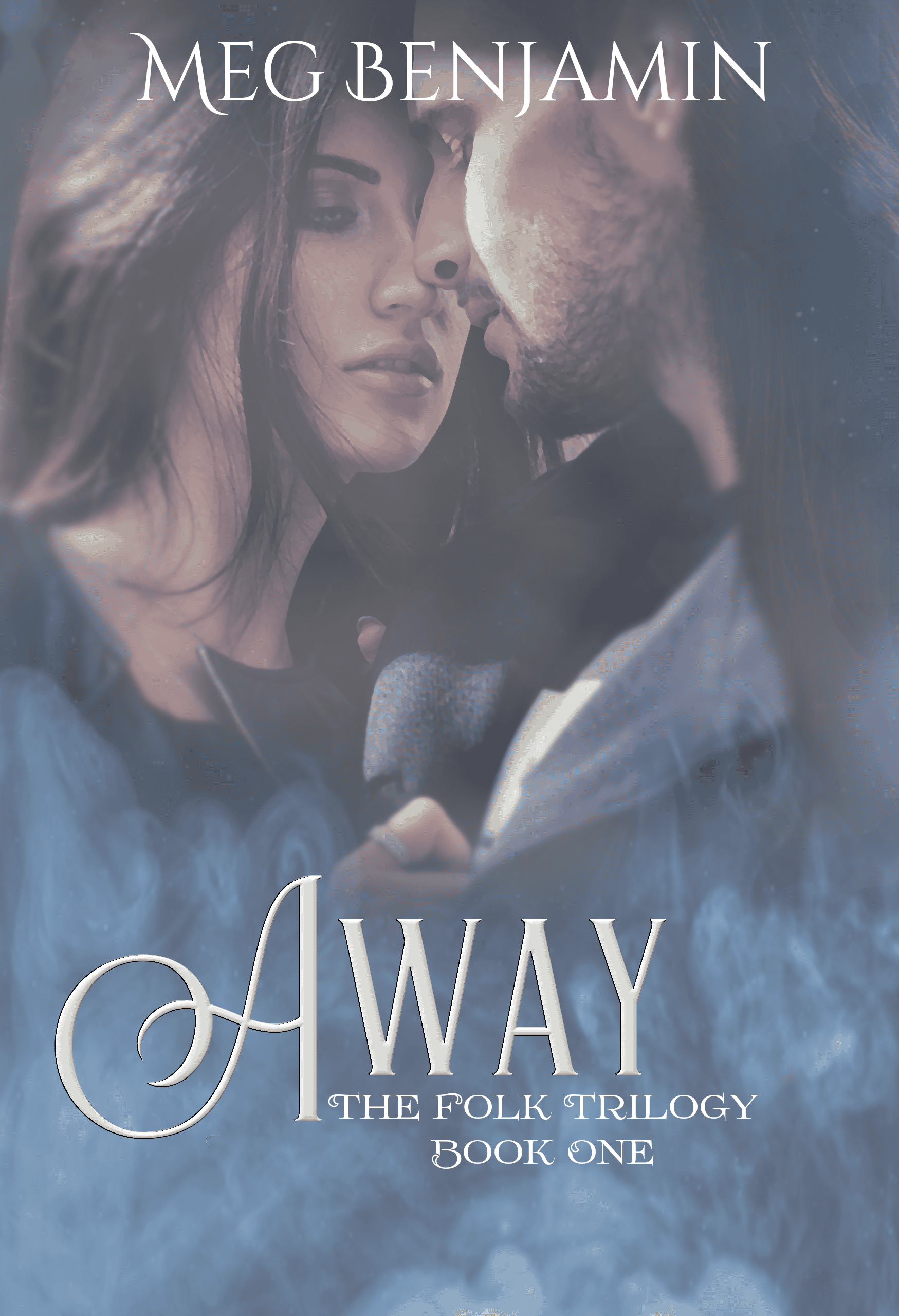Accents, Apostrophes, and Elisions Oh My
 So the hero in my current WIP is from Louisiana. I can hear his voice in my head when I write his dialogue, which is always handy (the voice is sort of based on some Louisianans I’ve known, although the character isn’t). But when it comes to writing that dialogue out, I have some problems. The voice I hear drops a lot of g sounds at the ends of words. But when I write the dialogue, those g’s just won’t disappear.
So the hero in my current WIP is from Louisiana. I can hear his voice in my head when I write his dialogue, which is always handy (the voice is sort of based on some Louisianans I’ve known, although the character isn’t). But when it comes to writing that dialogue out, I have some problems. The voice I hear drops a lot of g sounds at the ends of words. But when I write the dialogue, those g’s just won’t disappear.
Dialects are a pain in the butt, y’all. Basically, if you decide to use them when you write, you can’t go halfway. If the character says gonna and gotta in one place, you’re pretty much stuck with having him say it in all the other places too (unless the first one is clearly meant to be a joke). I mean, can you have a character who says gonna at one point and going to at another? I think not.
But this, in turn, means you’re going to have to pay attention to how you want to spell this stuff and you’re going to have to be very careful when you write the dialogue. If you decide to have a character refer to them as em, you know it’s going to have to be spelled ’em EVERY EFFING TIME. Then there’s the whole spellcheck problem. I get a start every time I look at the page and see all those little red underlines (Word hates dialects).
I find that instead of using dialect, I sort of rely on my readers to do it for me. With any luck a couple of darlin’s will be enough to give a reader the clue that this particular character talks kinda slow (kinda is, of course, another butt pain word).
My other problem with dialects comes as a reader, though. I purely hate any dialogue I have to read out loud in order to get the gist. I just read a couple of classic British mysteries where the author had secondary characters speaking in unfamiliar British regional idioms. I had to repeat each speech carefully in order to figure out what the hell the characters were saying. And then I got to experience the true joy of realizing the speeches themselves weren’t that important. The author had apparently thrown them in for “local color.” Do I have to tell you I wasn’t pleased?
More skillful writers convey the sound of the character’s voice through the arrangement of words rather than weird spellings and apostrophes. Sarah Smith deals with a lot of different social classes and nationalities in her Vanished Child series, and she does most of it with the words people use and the way they arrange them. Apostrophes do not necessarily dot her pages.
There are a few books where the dialects used are crucial. Huck Finn leaps immediately to mind, for example. I wouldn’t have Huck speak any other way. But I’d argue that those examples are rare. Any time you see a lot of apostrophes coming up, you’re probably in for a tough time. And as a writer, after a couple of pages of advanced punctuation, you may decide to take that good ol’ boy from South Louisiana and make him an insurance salesman from Dubuque.
Posted in Blog • Tags: dialect, On Reading, On Writing, punctuation | Be The First To Reply!








